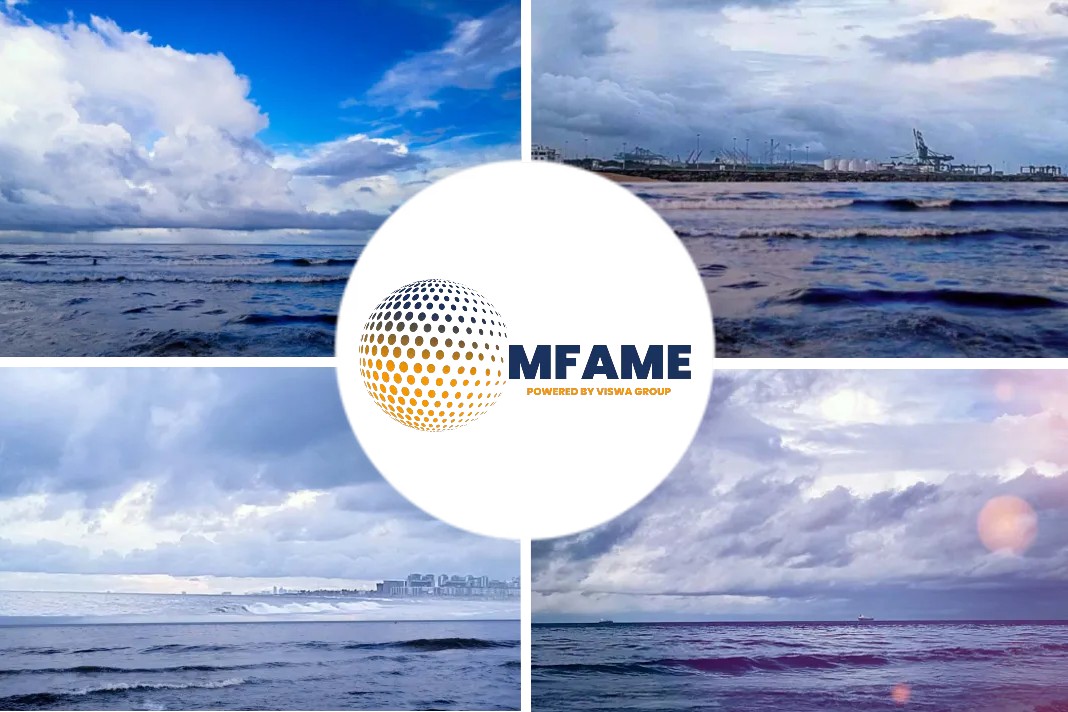A bearish sentiment is expected to dominate the European butane and gasoline markets as COVID-19 infections surge, while petrochemicals demand could support naphtha, says a Market Insight article published in Platts.
Gasoline
- The bearish sentiment in the Northwest European gasoline market looks set to continue in the week ahead as demand wanes in the region. The emergence of the omicron variant saw intense volatility in the market as participants anticipated fresh lockdown restrictions across Europe in the week. European gasoline benchmark Eurobob FOB ARA closed at $651.50/mt Nov. 26, down $88.50/mt on the day, the largest daily change in absolute terms since May 15, 2020, and the largest daily price drop since April 30, 2020.
- Unfavorable gasoline production economics in Northwest Europe could see a strengthening of market fundamentals in the coming weeks. In blending, the front-month FOB AR Eurobob swap was assessed at a 50 cents/mt discount to the equivalent naphtha swap Nov. 26, the differential down $5.75/mt on the day. The premium of naphtha to gasoline has the potential to tighten the European gasoline market as unfavorable blending economics will cause naphtha to move preferentially into the petrochemicals blending program. Additionally, refinery margins are poor, which was causing some refineries to consider run cuts, according to a Europe-based trader.
- Mediterranean gasoline was at a premium to its Northwest European counterpart due in part to a reduction in Northwest European pricing as demand has fallen, but also due to the strength of the Mediterranean market on tight supply. Refineries in the region are preferentially producing non-oxygenated export-grade gasoline to work the trans-Atlantic arbitrage, leaving scarce oxygenated gasoline for cross-Mediterranean trade, and driving the price up. The December Med/North gasoline differential — the spread between the December FOB Mediterranean 10 ppm cargo swap and the equivalent FOB Amsterdam-Rotterdam Eurobob barge — was assessed up $3/mt on the day at $7/mt Nov. 26 while January was assessed at a $6.75/mt premium, up $1.75/mt on the day.
Naphtha
- The European naphtha market is to see some pressure for the blendstock grades off the back of more uncertainty for near-term gasoline demand, in light of the reemerging travel restrictions. However, naphtha managed to partially resist the sharp decline observed across oil products, in terms of paper indications, due to the balanced demand for the petrochemicals grades and accommodating limited supply. Naphtha CIF NWE closed at $662/mt on Nov. 26, down 10.1% on the day, or $75/mt, while this was the largest daily change in absolute terms since May 15, 2020, and the largest daily price drop since April 23, 2020. However, the December crack spread was assessed at $1.08/b, down only 3 cents/b on the day and up from 51 cents/b the week before. During the early afternoon Nov. 29 trading session, the spread stood at $1.80/b as market participants showed a more risk-on sentiment for oil products, reprocessing the previous day’s sentiment-led price collapse.
- Petrochemicals demand in the physical market remained supportive as LPG alternatives continue pricing outside the cracking pool. The industry’s ethylene and propylene December contract price levels are anticipated to be decided by the end of this week, also indicating likely the demand sentiment for naphtha feedstocks for December. The front-month propane December swap contract closed at a $44/mt premium against naphtha equivalent on Nov. 26, up from a $1.25/mt discount the week before.
- On the supply front, an estimated 134,000 mt of naphtha has been expected to arrive to NWE from the US Gulf Coast for November so far, down from a 358,000 mt total for October, Kpler shipping data showed. The supply has been relatively stable month on month from the Baltics with an estimate of 596,000 mt arriving from the region to NWE for November to date, compared with 633,000 mt for October, Kpler data showed. Supply and demand remained also balanced for the Mediterranean region.
LPG
- The Northwest European propane complex was largely steady on the week to Nov. 26 with increased volumes from the US not impacting prices the way some market participants expected. Furthermore, inland domestic heating demand remained supportive and is not set to fall in the coming weeks as winter progresses. The Platts CIF large cargo market was assessed at $728/mt Nov. 26, up $5.25/mt week on week and at a $66/mt premium over physical naphtha.
- Shipments of LPG from the US to Europe are expected at 715,000 mt in November, up 42% from October, according to Kpler shipping data Nov. 26, which would be the highest volume since May when 833,000 mt made the voyage. Of the expected November total, 352,000 mt is destined for Northwest Europe while 363,000 mt is expected to discharge in the Mediterranean. Most of the LPG delivered to NWE is expected to be propane, with 61,000 mt of butane expected to land in the region in November, down from 68,000 mt in October. Exports from the US to the Mediterranean consisted of 159,000 mt of propane, up from 104,000 mt in October, and 204,000 mt of butane, up from 123,000 mt.
- The butane complex in Northwest Europe has seen poor demand for both petrochemicals cracking and gasoline blending, representing little change week on week. Butane CIF seagoing closed at 107.9% of naphtha equivalent on Nov. 26, a marginal increase of 0.8% since Nov. 19. However, the market remained largely balanced on limited supply availability, a trend that is expected to continue into this week.
- In the Mediterranean, demand has been relatively steady, with remaining unfilled shorts in Morocco and Tunisia that has kept butane coasters supported. There still remained a concern that imports from the US could be overdone in the coming month and create length in the market, sources have said. The FOB Mediterranean coaster butane market was assessed at 116.9% of naphtha Nov. 26, largely unchanged from 117.1% the week before.
Did you subscribe to our daily newsletter?
It’s Free! Click here to Subscribe!
Source: Platts
















